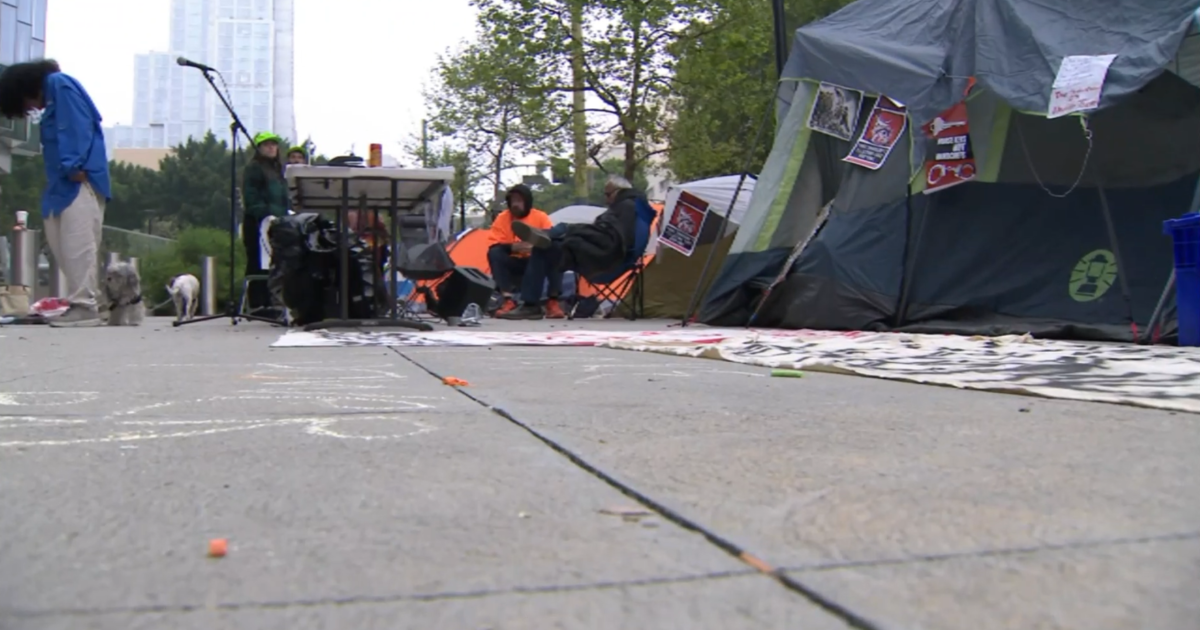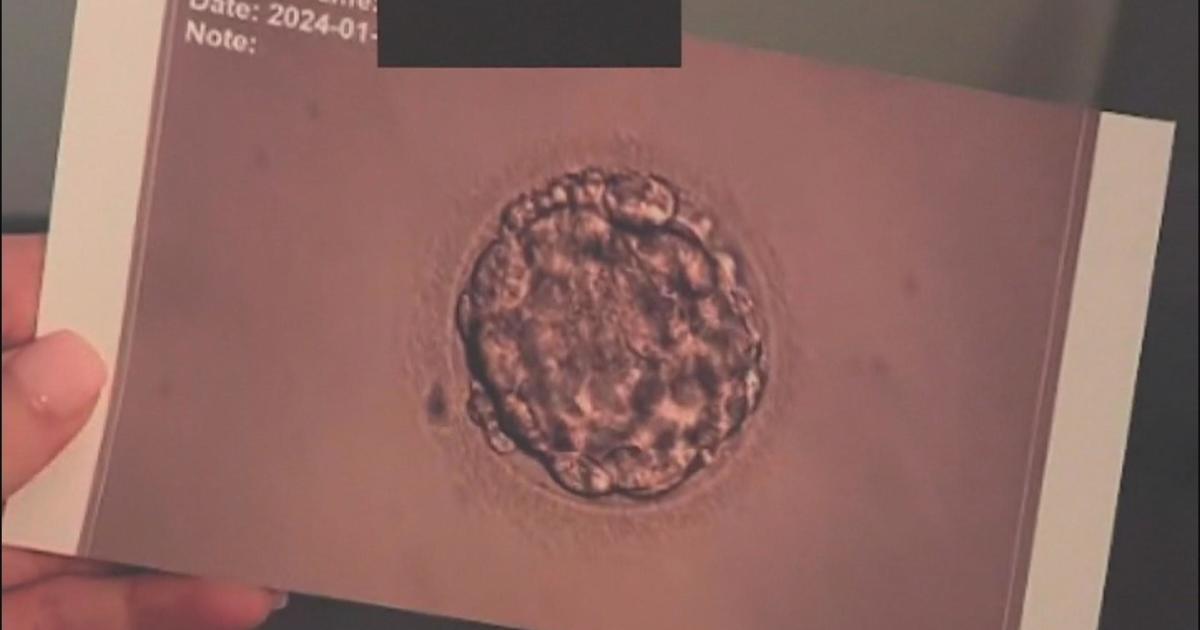Scientist Who Helped Land Spacecraft On Comet Returns Home On Mission To Inspire
PASADENA (CBSLA.com) — A Southern California scientist was back home Tuesday night after working on one of the most daring space missions of all time.
Claudia Alexander is a scientist on the Rosetta Project, in which a spacecraft the size of a washing machine recently landed on a comet hurling through space at 84,000 mph.
Working on the mission led by the European Space Agency, Alexander was with her counterparts in Europe last week when Rosetta's lander, Philae, touched down on the 2-and-a-half mile-wide comet.
Speaking to CBS2's Peter Daut at the Jet Propulsion Laboratory in Pasadena, she said she's waited 15 years for this moment, and hopes her work inspires others.
"There were so many things that could go wrong," she said.
"It's awesome that it did this leap, and then another leap without breaking."
Philae nevertheless landed in an area where solar panels cannot absorb enough sunlight to keep going.
It's now in idle mode, and it could be several months before it finds enough sunlight to continue.
"This is like your cellphone is red and you don't have a charger, and so you just are gonna wait," she said.
The NASA scientist says being a woman and an African-American in a field predominantly white and male has not always been easy.
"There were times I was not taken seriously when I came in a room. I do remember one time I was mistaken for the secretary," she recalled.
The 55-year-old hopes to inspire people of all backgrounds to follow their dreams, while she continues to dream of what Rosetta will uncover.
"We don't even know what point we want to make about the origin of the solar system. We're trying to gather those bits of evidence that start to paint a picture of the birth scene," she said.
Alexander plans to stay with the Rosetta mission for at least another year. In the meantime, she's written several children's books to help kids get interested in science.
RELATED STORY:
NASA's Innovative Ground Collision Avoidance System Could Save Hundreds Every Year
JPL Scientists Monitor Historic Attempt To Land Spacecraft On Comet



